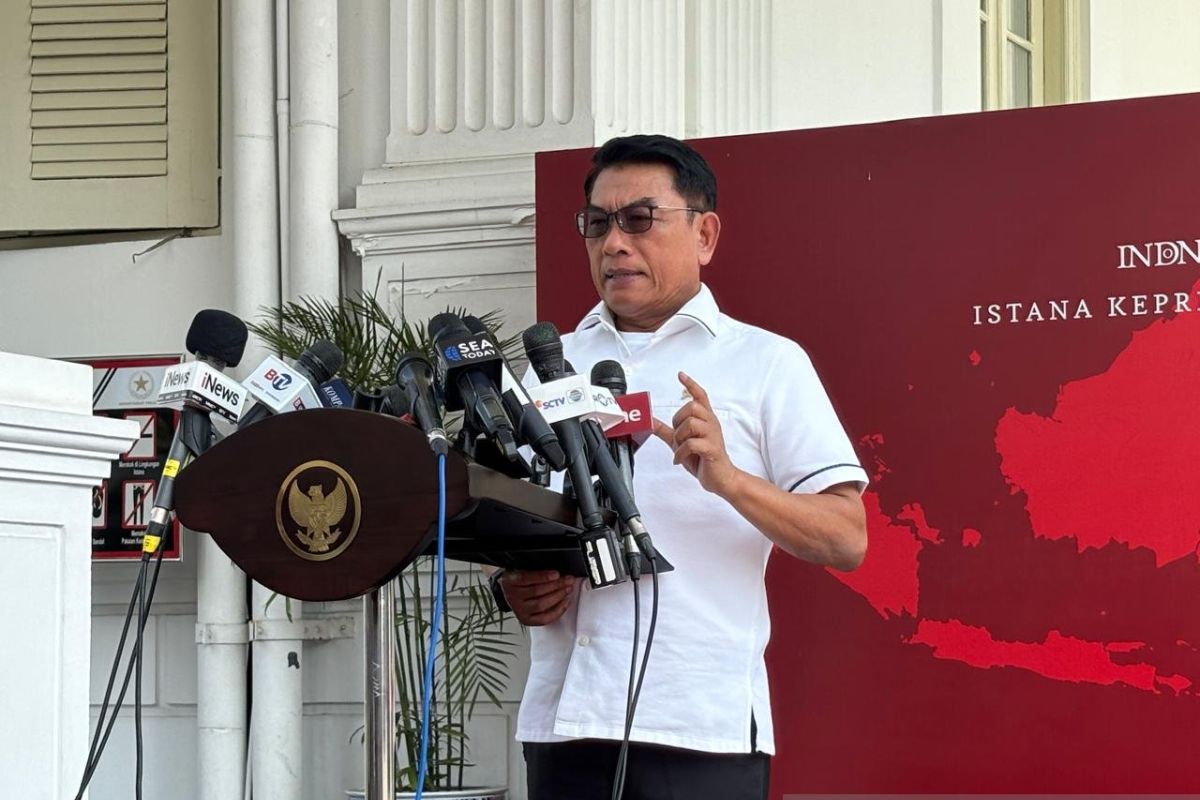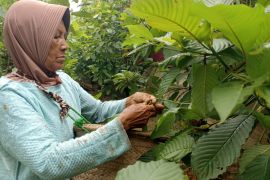"The president is emphasizing the optimization of (the research) on the benefits of the kratom plant," Chief of the Presidential Staff Office (KSP) Moeldoko stated after attending a closed-door meeting on kratom legalization at the Presidential Palace here on Thursday.
Moeldoko highlighted that at the meeting, discussions centered on a health ministry's finding concluding that kratom is not a dangerous narcotic substance and can be used as a pain reliever.
However, the government decided to wait for the conclusion of related research conducted by BRIN, expected next August, he remarked.
The KSP chief explained that the government also discussed the kratom trade and management regulation to address public complaints, especially from some 18 thousand families in West Kalimantan struggling to export the kratom plants they produce due to the lack of product standardization.
Residents in Kalimantan have long used kratom as a stimulant, with the effects being comparable to those of coffee consumption. He stated that kratom consumption carries a low risk of addiction.
"We need to regulate its management and trade to ensure that kratom is no longer contaminated by unhealthy substances, (such as) salmonella, E. coli, and heavy metals," Moeldoko emphasized.
"(Kratom exports) are declining because we have no (set) standard, (thereby) causing our products to be rejected and their prices to decrease," he pointed out.
According to the Trade Ministry's data, Indonesia exported most of its kratom to the United States during the Jan-May 2023 period, with the export value reaching US$4.86 million.
Indonesia also exported its kratom to Germany, India, and the Czech Republic.
Kratom leaves are known to contain active ingredients, namely the alkaloids mitragynine and 7-hydroxymitragynine. These two active ingredients have analgesic or pain-relieving effects.
The active compound of mitragynine contained in kratom has the potential to cause addiction, similar to narcotics. Kratom consumption elicits feelings of relaxation and comfort as well as excessive euphoria if taken in high doses.
Widely grown in the Kalimantan region, kratom leaves are usually used to make tea or processed into supplements that are useful in reducing pain, improving skin health, and increasing libido.
The BNN stated that the use of kratom is not yet regulated in the Narcotics Law, so regional government regulations cannot limit its usage.
Related news: Agriculture Ministry awaits regulation on kratom plant
Related news: President holds meeting to discuss legalizing kratom
Translator: Yashinta Difa P, Nabil Ihsan
Editor: Rahmad Nasution
Copyright © ANTARA 2024












